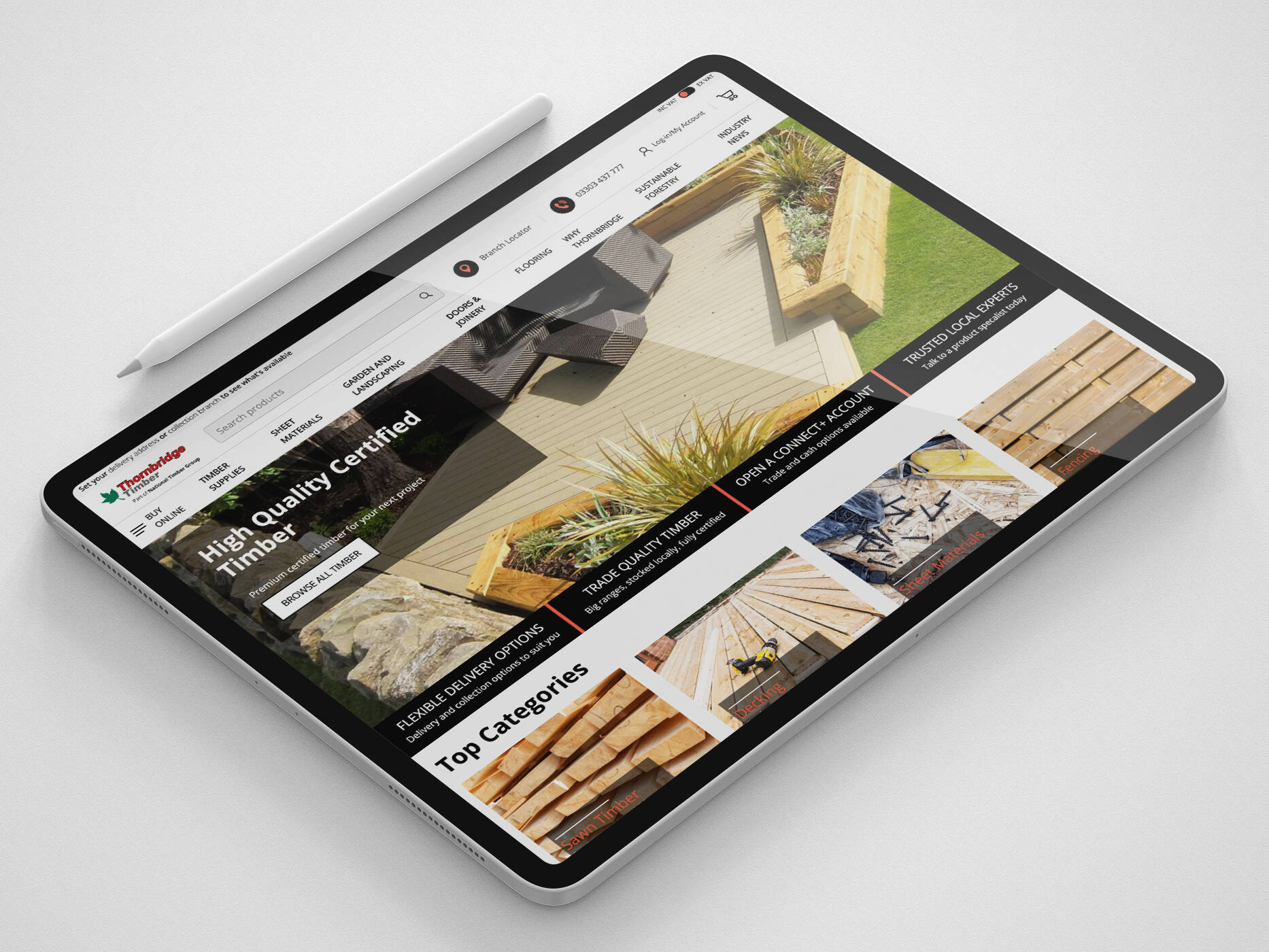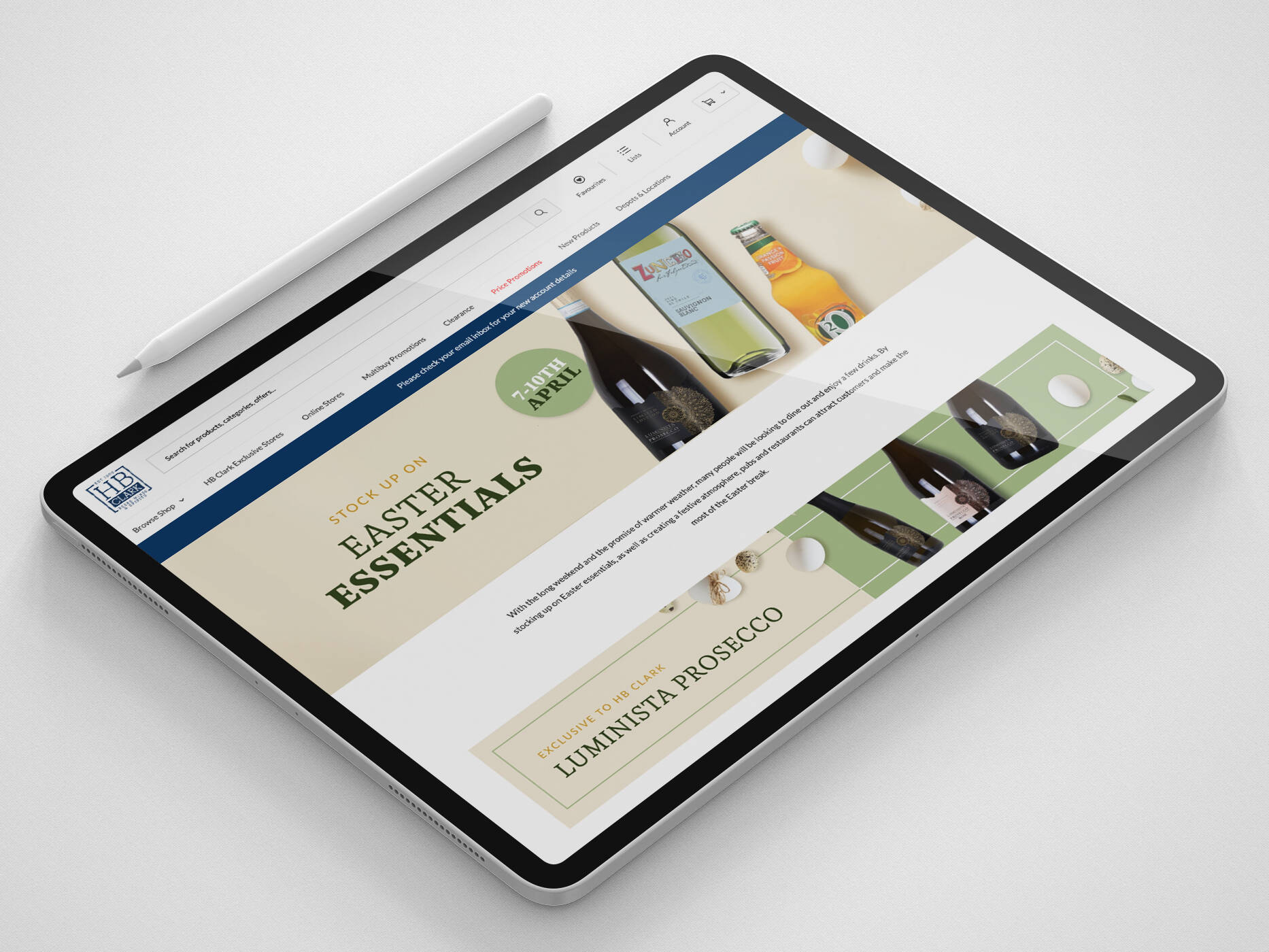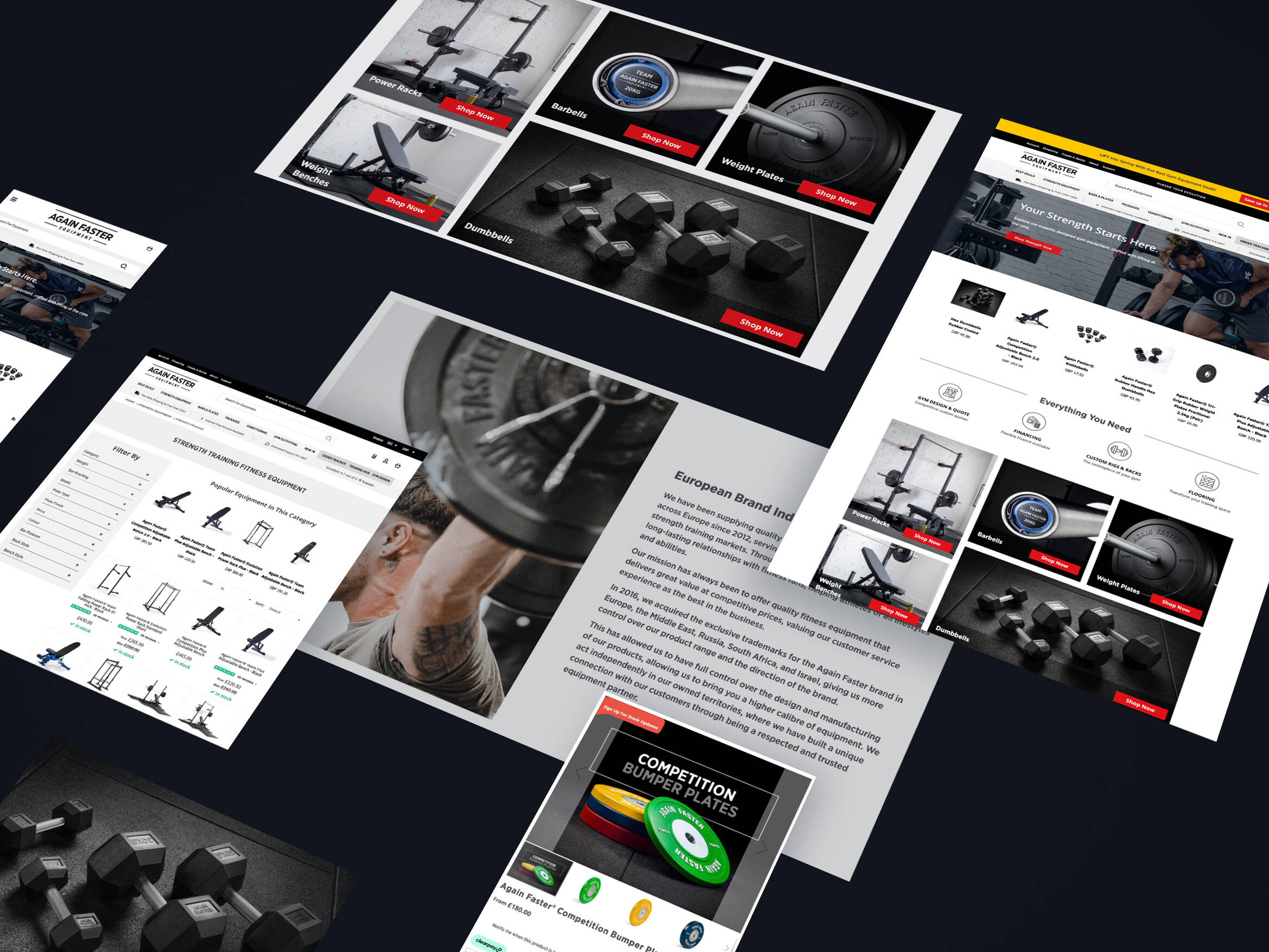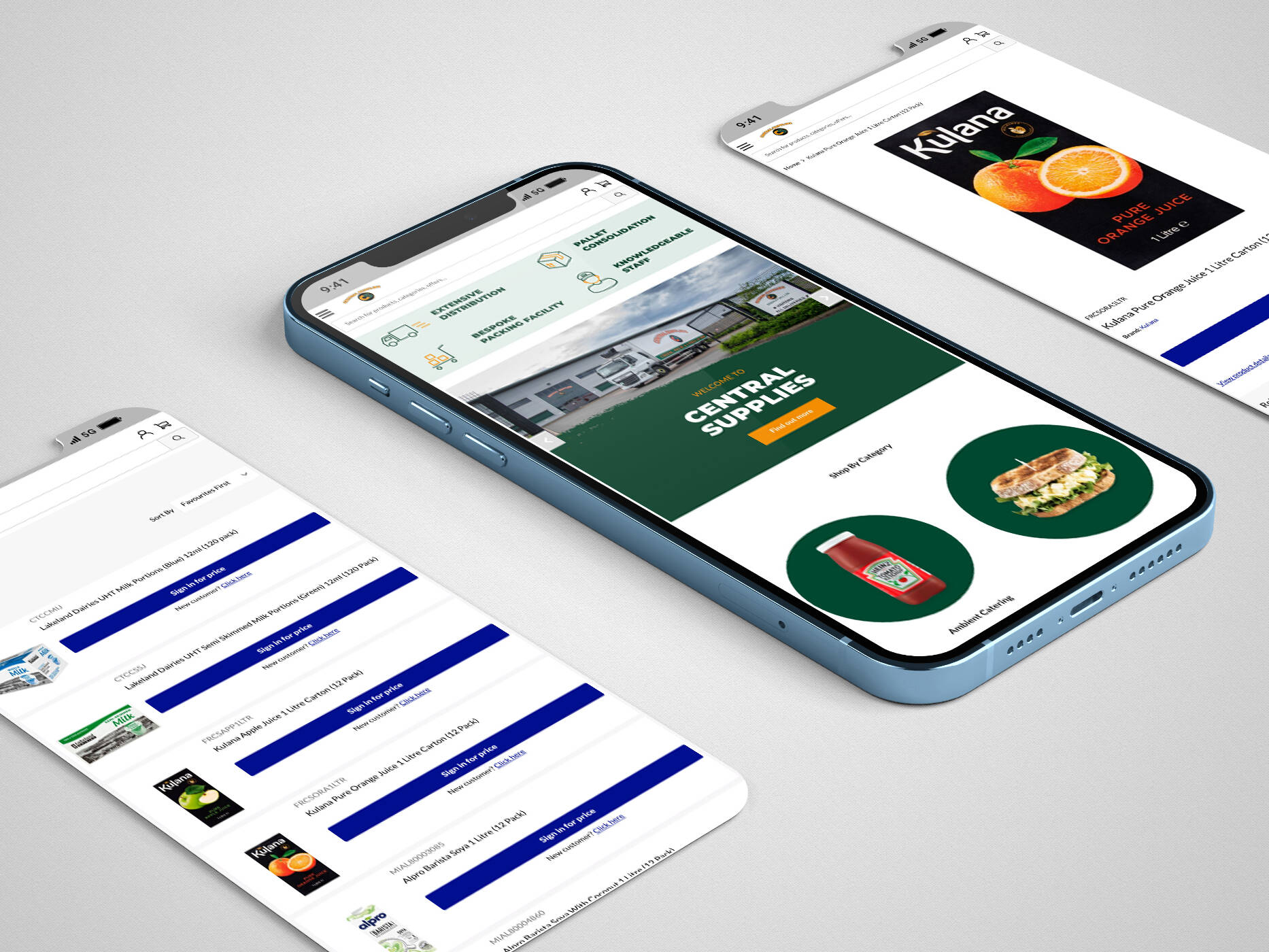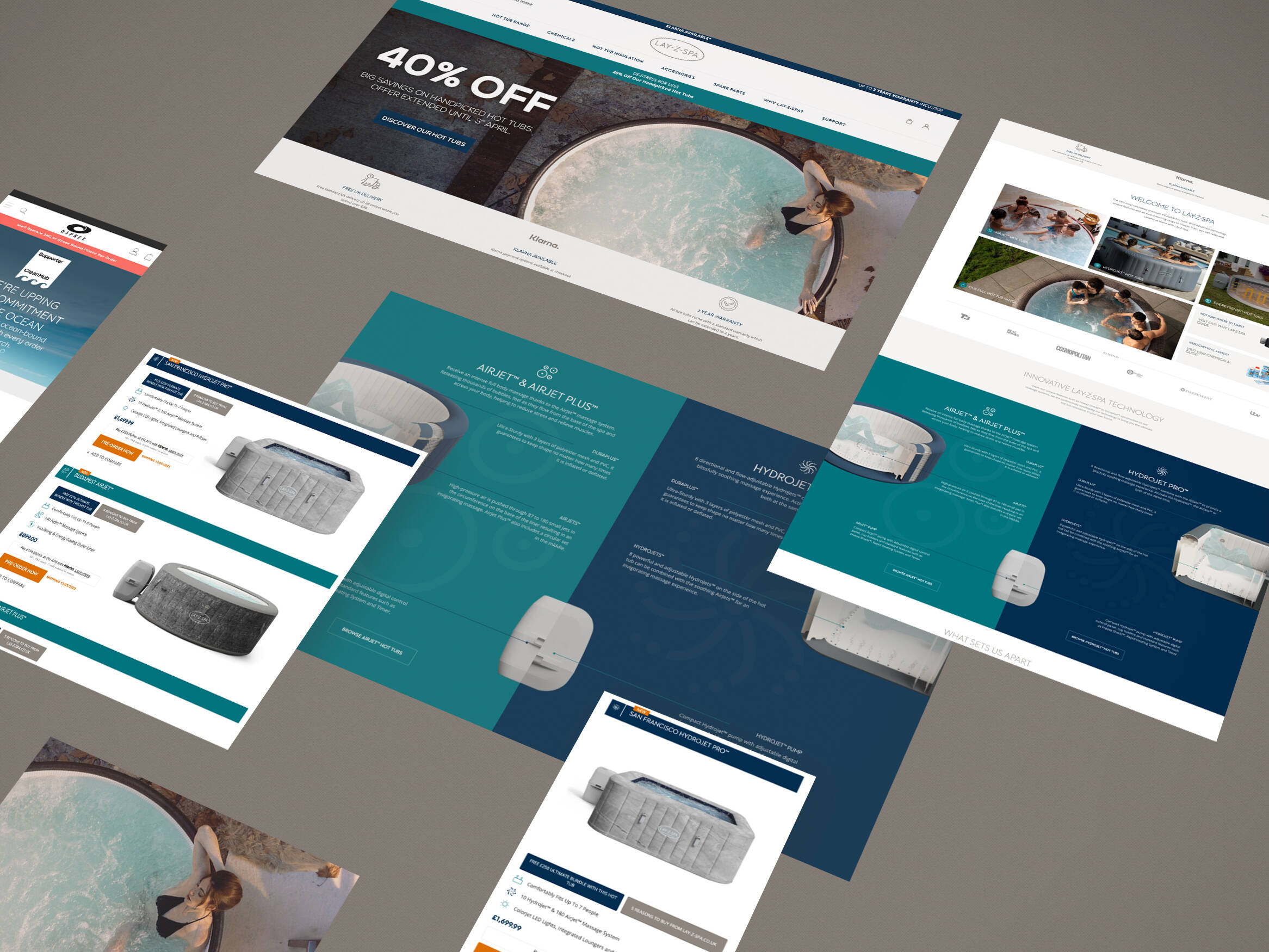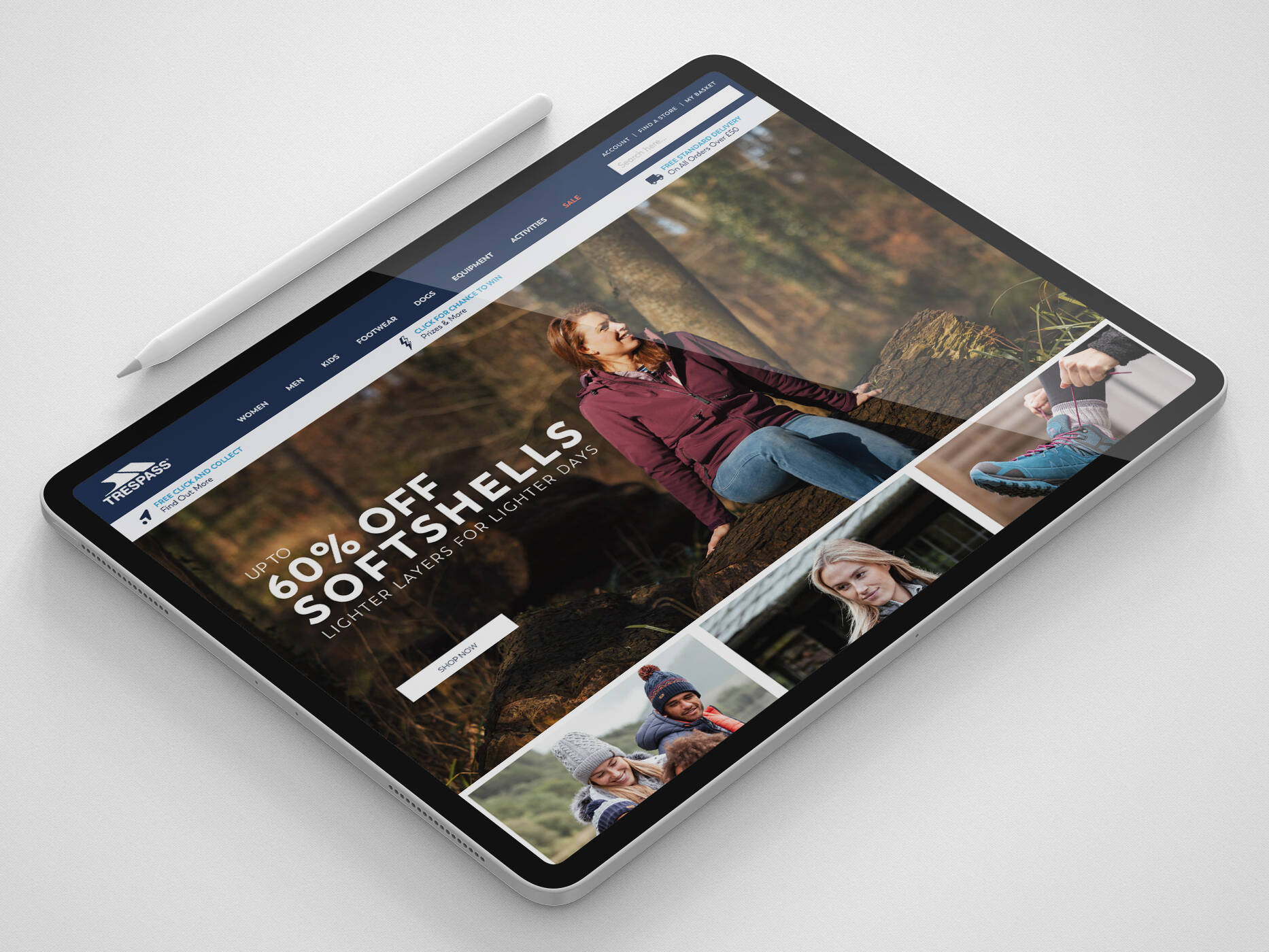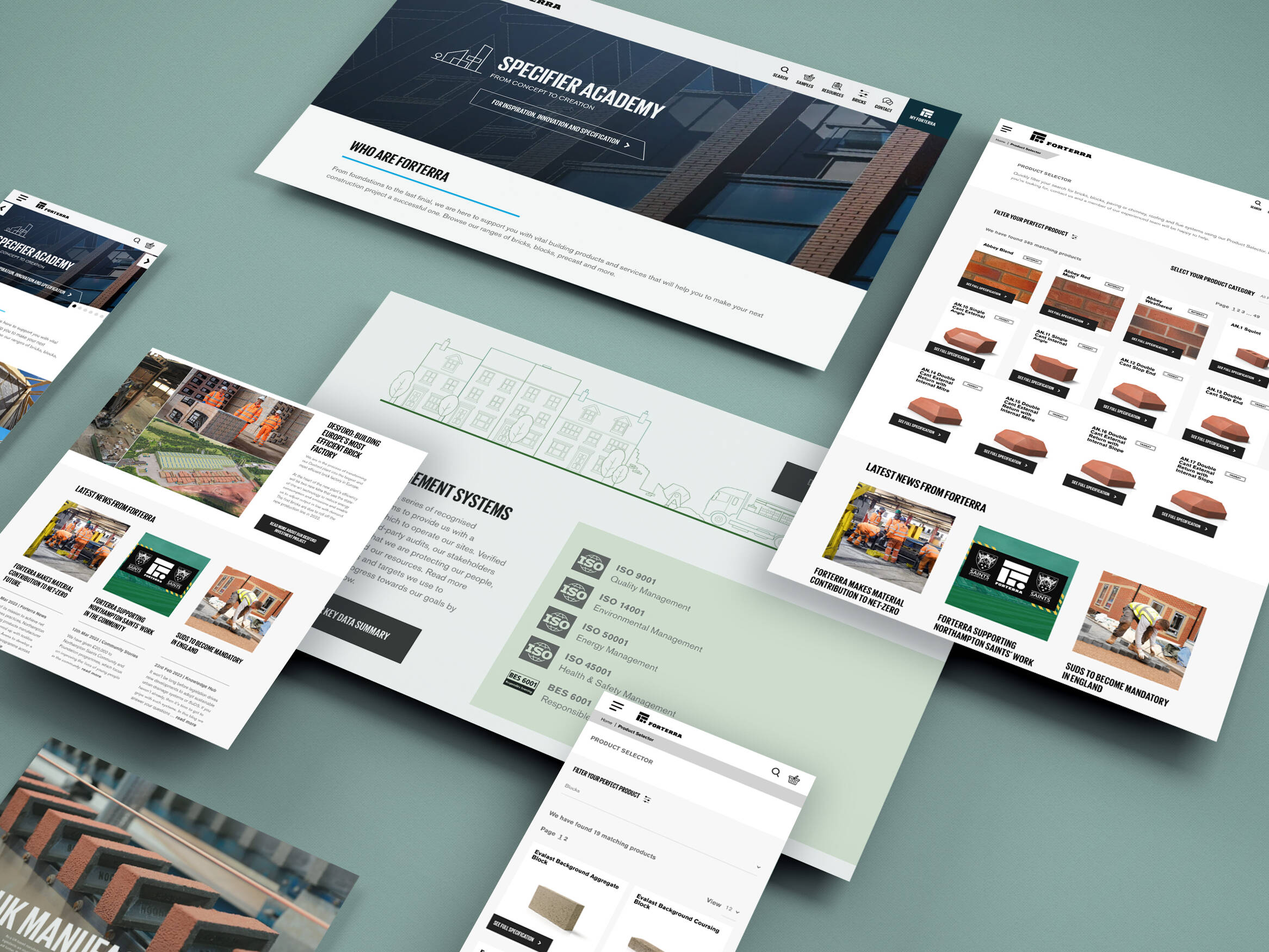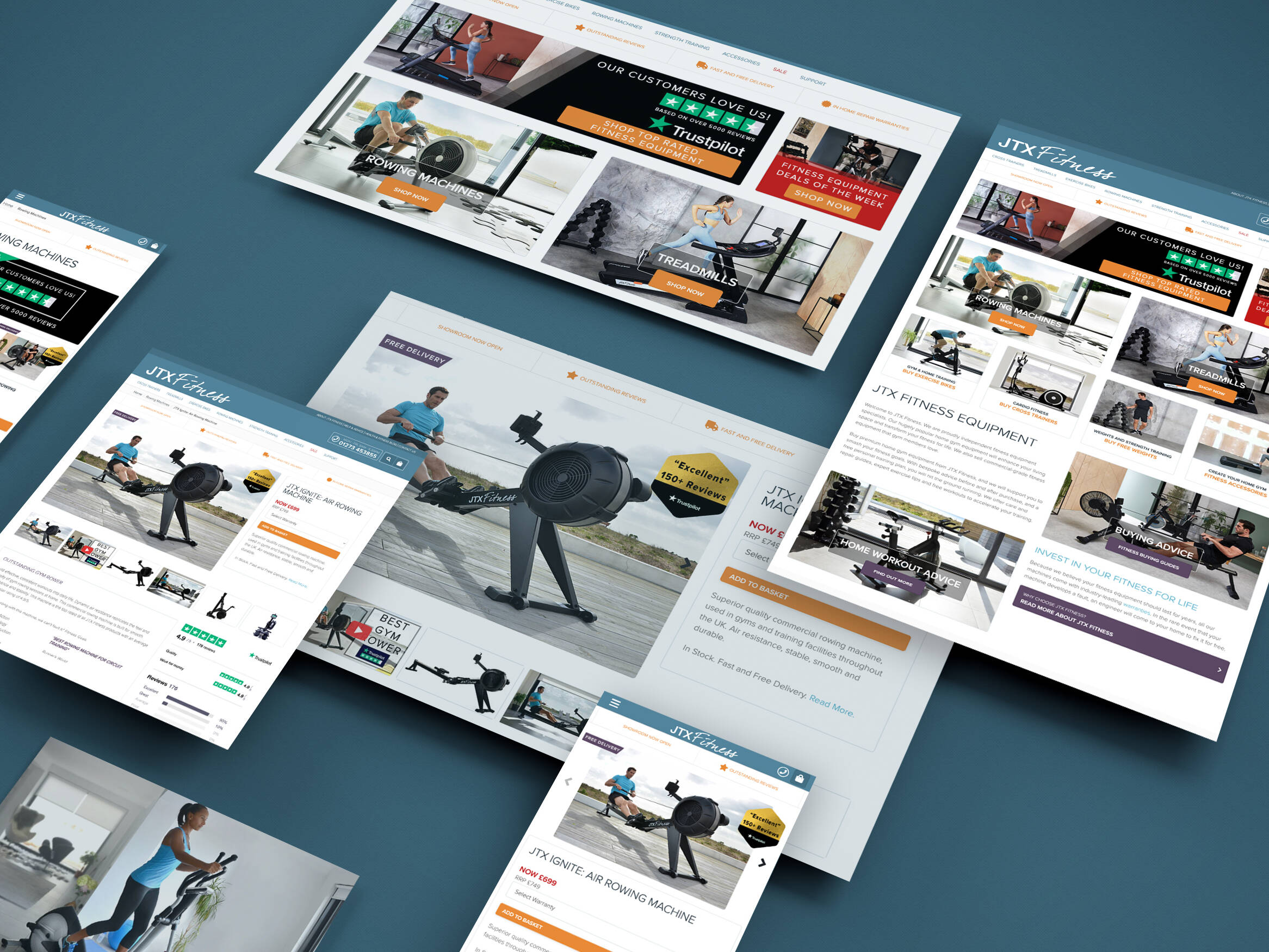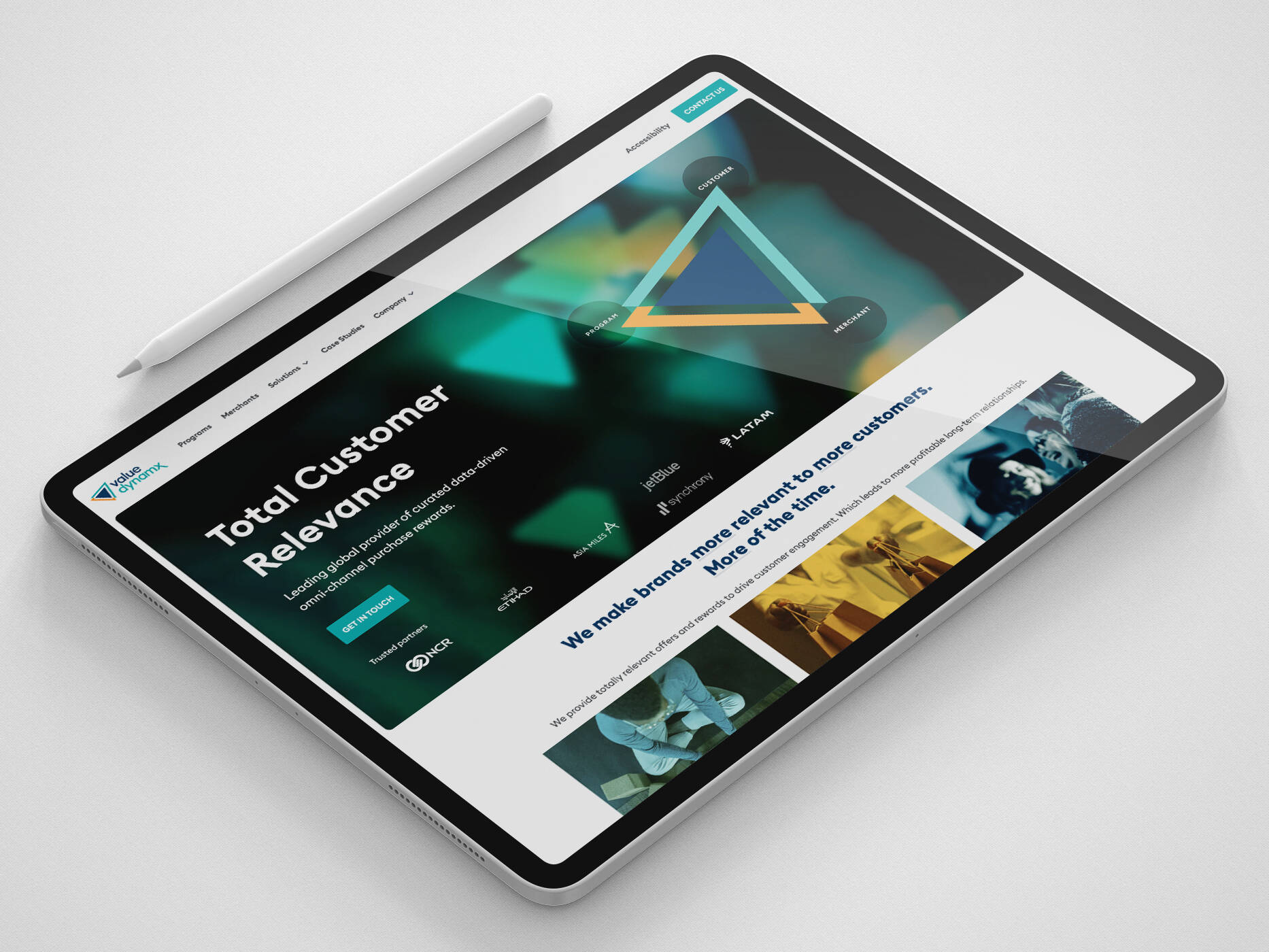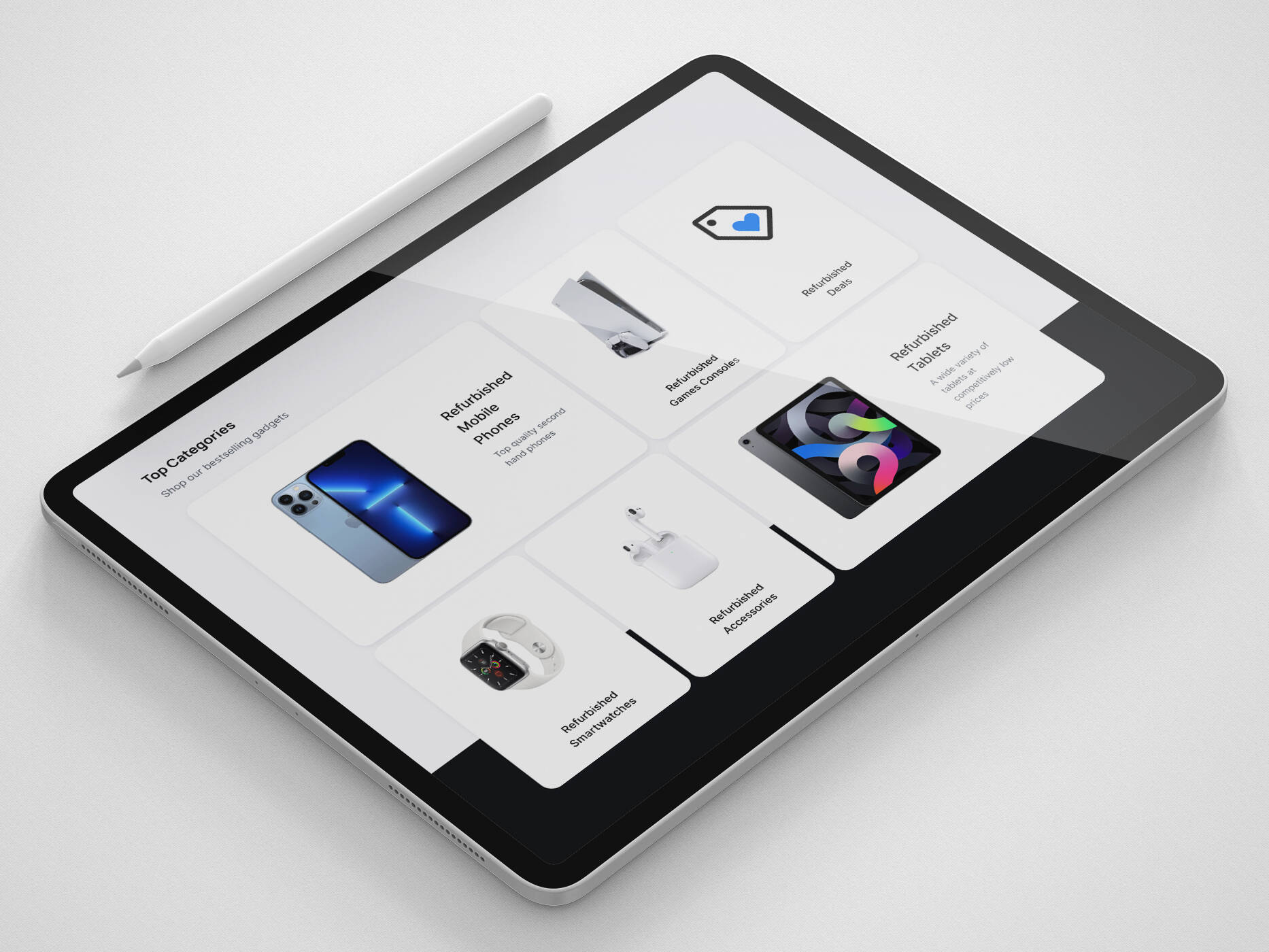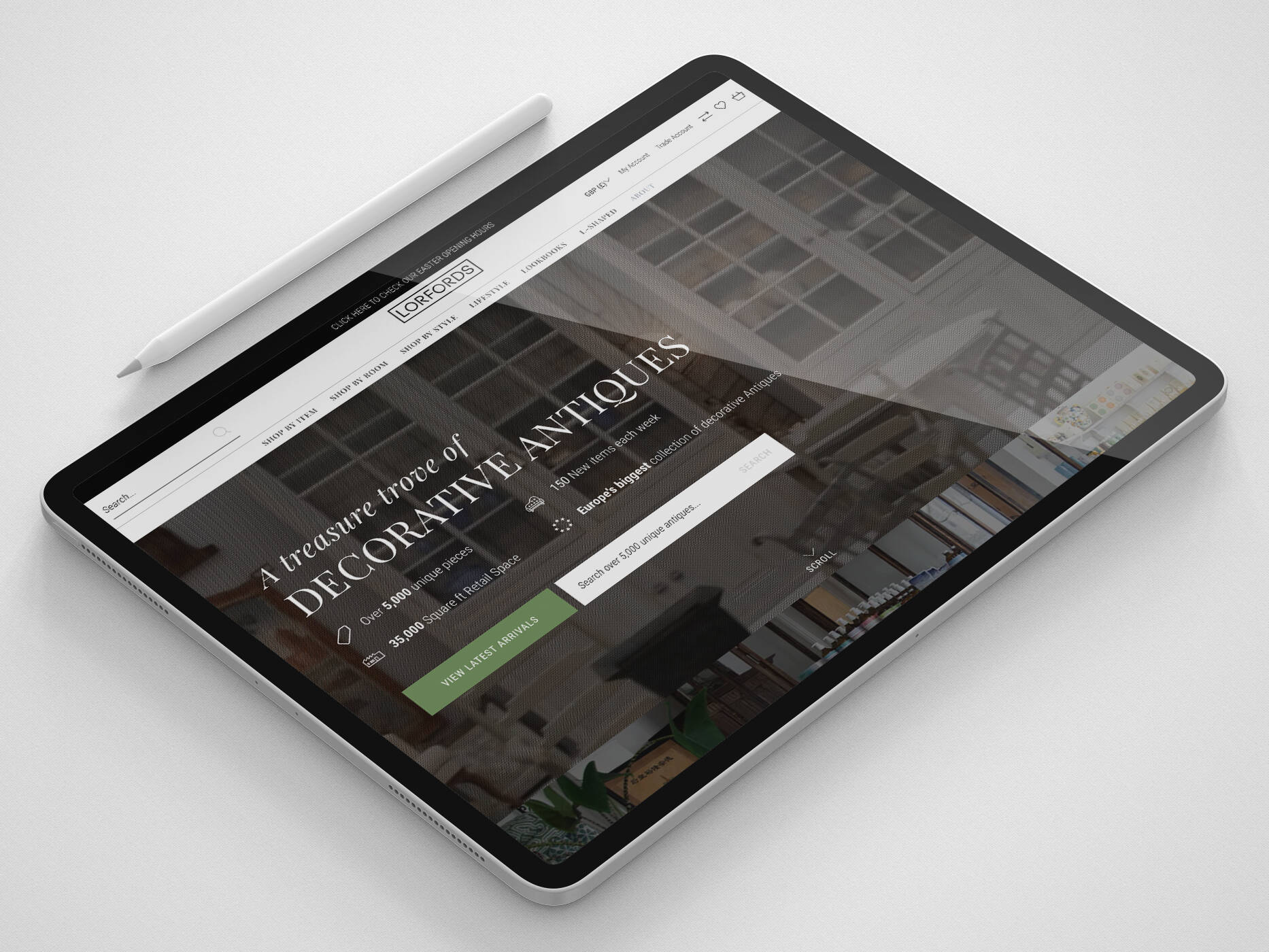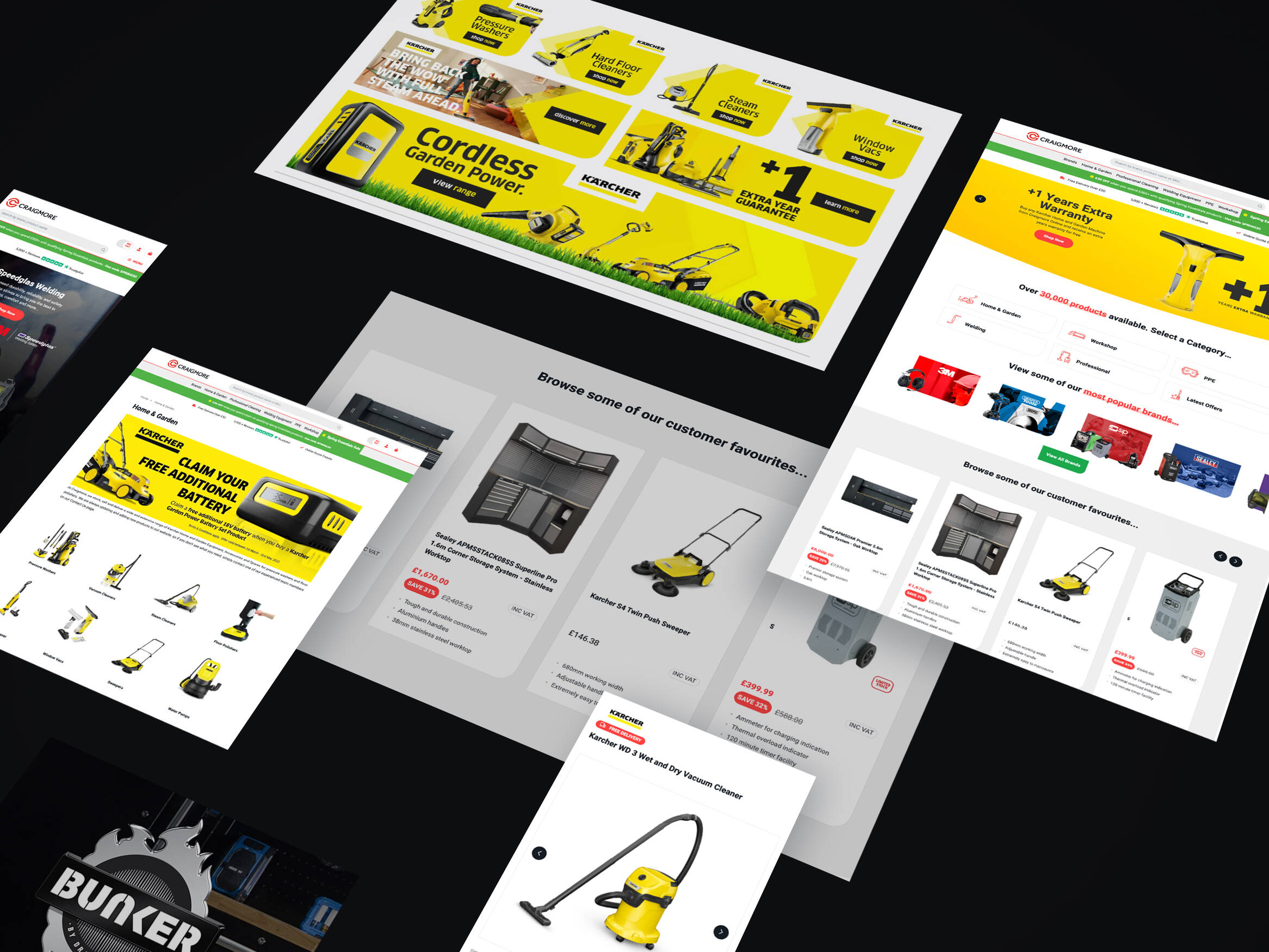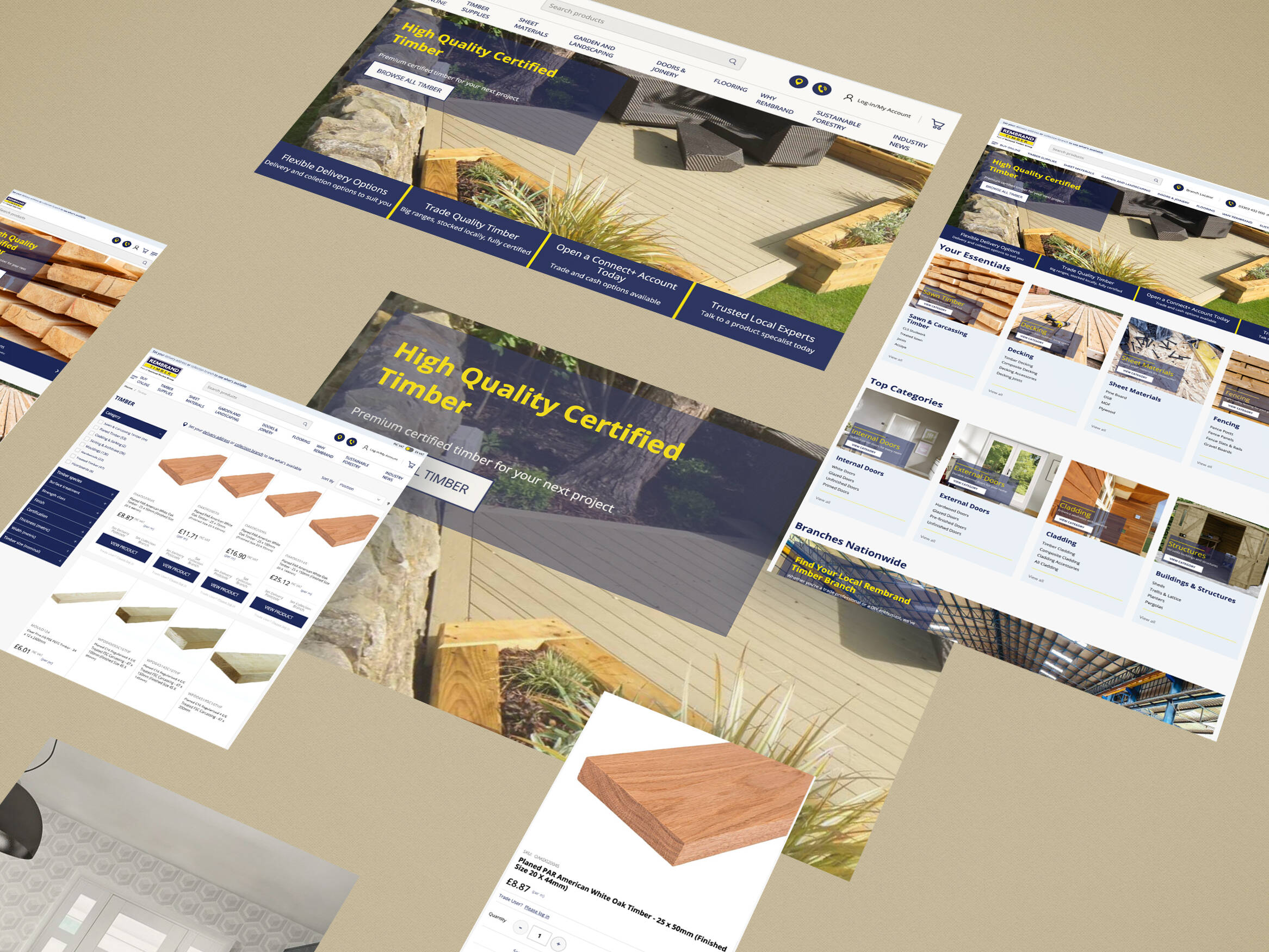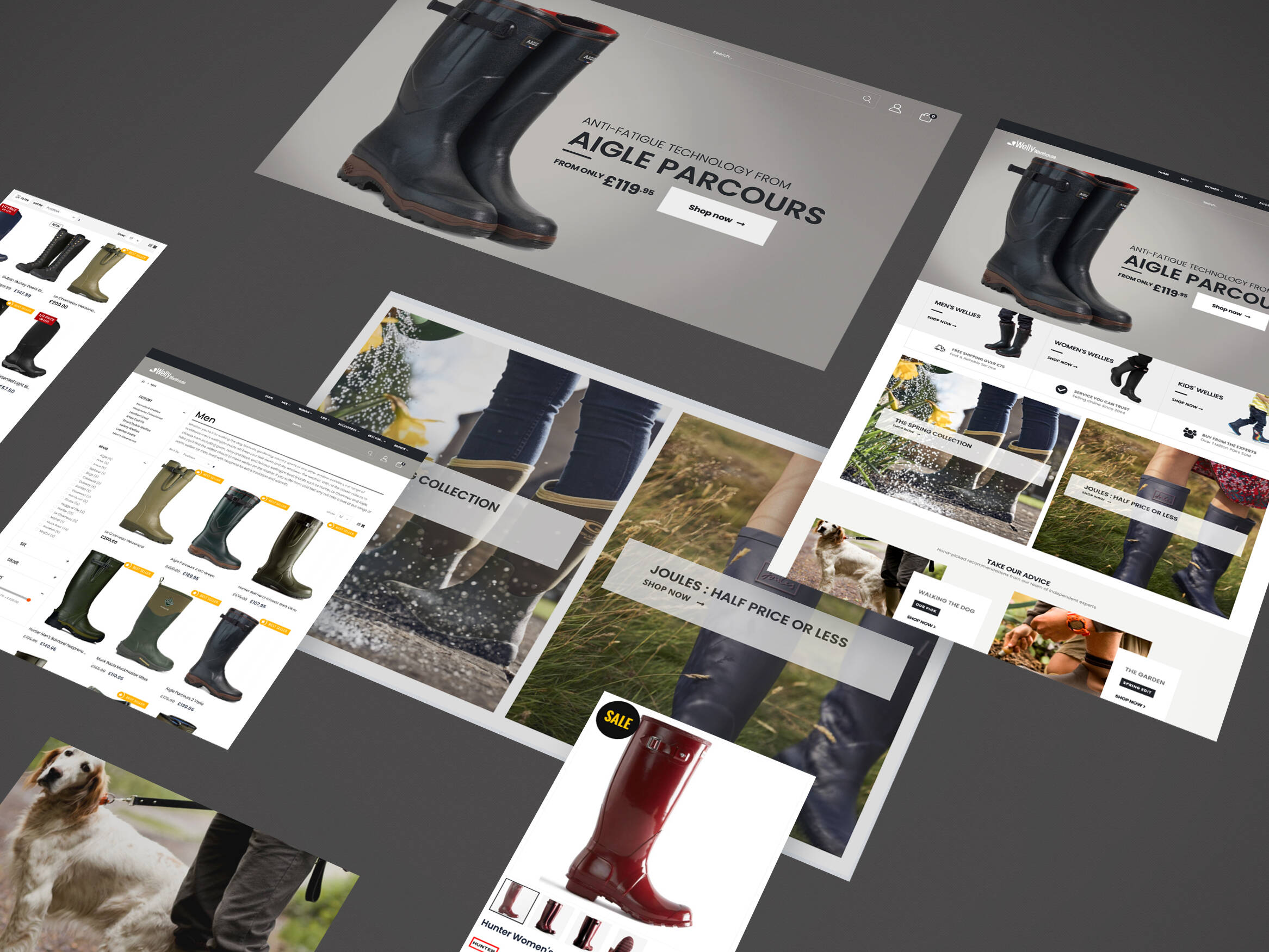We’ve been designing and developing websites at iWeb for over 20 years for clients of all shapes and sizes so when it comes to website briefs, we’ve seen it all – the good, the bad and the ugly.
If you’ve been tasked with writing a website brief, you might be wondering where to start. The good news is that the art of writing a killer brief is actually pretty simple. This guide contains the core elements we recommend you include.
Why Create A Brief?
A great brief is the foundation upon which all successful websites are built. Get it right and it smooths the path to cost-effective, quality output; get it wrong and it leads to incorrect solutions, wasted time and lost enthusiasm.
The brief supplies a clear base from which the agency and client can align their thinking. It clearly defines your requirements and objectives as well as recording key information like budgets, deadlines and who is responsible for what.
The Brief
To deliver a fully efficient and successful website, it’s critical both parties understand your business and objectives inside and out. Think of it as the business plan for your website. The more information you can provide upfront the better placed an agency will be to deliver your vision.
1. The Big Picture
Provide a project description and background:
- Where are you now?
- Current marketing and market perception – do you have any insights or research into buying cycles, level of brand recognition, how people recommend you?
- What is the company proposition? How do you demonstrate this proposition?
- What is the product proposition? Why should a customer be influenced/use/engage with you?
- What are the product benefits? There is a difference between product features and product benefits, so what are the features of your service and why are these beneficial? What does this mean for the customer?
- What must this project achieve? List in order of importance, e.g. reinforce the brand perception, show a particular range of products, services etc.
- What do you see as the biggest obstacles to success?
2. Target Audience
Who is the target audience and what do they care about:
- What are their motivations and inspirations? What turns them off?
- How aware is your target market of your company and your current website?
- Are you selling any membership or “members only” items?
- What you want them to do and why should they do it?
- What is the single most important takeaway from their experience on your website?
3. Goals and Objectives
What should the customer think/do in response to visiting your website:

- Do you want a customer to call?
- Do you want the customer to complete the whole transaction online?
- If so, what do you class as a transaction?
- What do you need them to complete?
- What do you want them to do with the information they’ve found on your website?
- What are the main calls to action?
4. The Current Website
If you already have a website, provide some insights:
- What is good about the website?
- What is bad about the website, e.g. not mobile-responsive, outdated design etc?
- What levels of traffic is it currently receiving?
- Which countries are your visitors from?
- How many conversions, e.g enquiries, sales, leads, do you get through the website?
5. Competitors
What is the competitive landscape:

- What are your competitors doing? Include any notable marketing activities, strengths and weaknesses, description of competitive pressures on business and creative objectives.
- What do you like and dislike about your competitors?
- Are there any specific bits of functionality you would like to replicate?
6. Project Management & Timeline
It’s important everyone knows what is involved and when it’s needed by. This will help you, and your agency, allocate the best resource to the project. Some factors to consider:
- How many people will be on the project team?
- Who will be on the project team? Include job title/roles & responsibilities.
- Who is sourcing content? Possibly the greatest cause of delays in web projects come from an under-appreciation of just how much time it takes to source images, text and quotes for the site!
- Do you have a specific go live date in mind?
- Is this go live date determined by any business critical reasons, e.g product launch, event etc?
7. Technical
- Do you currently have web hosting for your business? If so, detail what company you are hosted with and what hosting package you have.
- Do you want the site to be available in different languages? If so, which?
- Admin permissions – do you want user-restricted access for each site?
8. eCommerce
Is your site transactional, i.e do you want your customers to buy directly from the site? The details should be scoped out in a separate functional specification document but it’s worth including the basics:
- How many products will there be?
- What would you estimate your volume of business will be?
- How would you like your customers to be able to search for products? For example by title, description, category, SKU, price etc.
- Which countries do you ship to?
- Does your site need back office integration with third-party systems, e.g Sage Pay?
9. Budget
What is the budget for design and development of the website? Some clients are very reluctant to give away their budget to an agency at the brief stage.

But being open and honest about this means you will get better, more accurate quotes in response.
If you don’t have a fixed budget then specify a price bracket that you are comfortable with, e.g. between £10,000 – £15,000.
It’s also worth including:
- Is there a budget for ongoing support and maintenance?
- Do you have an allocated marketing budget to promote and drive traffic to the website?
If you follow these tips, you’re sure to be well on your way to creating a cool, killer brief that is on brand and right for your business.
Should you need further help writing your own website brief, then we can help! Get in touch.
Get in touch
We know commerce, let us help you improve customer experience, increase conversion rates, and make that digital change.
- hello@iweb.co.uk
